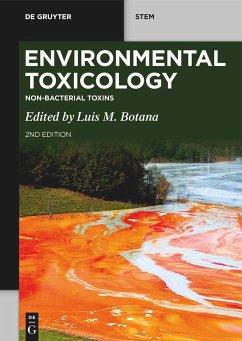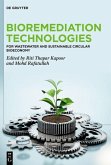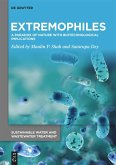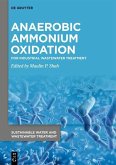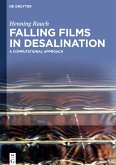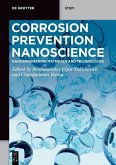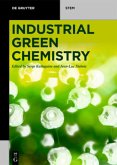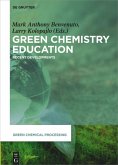The book about Non-bacterial toxins will cover those toxins that affect food safety and are produced by fungi (mycotoxins), cyanobacteria (cyanotoxins) and marine microalgae (phycotoxins). These three group of toxins affect food safety and drinking water quality at a global scale, and they pose three main challenges for scientists: 1) Climate change is causing a slow but steady change on the chemical profile of each of these groups, causing intoxications in areas that are geographically new to the intoxications map. For this reason, emerging toxins are a new topic that requires an important reallocation of resources to understand the new toxins trends, their toxicology, their analytical control and how to deal with them from a regulatory standpoint. 2) Toxicological science needs to be updated to determine the impact of the toxins in all kind of vectors (more and more are being discovered) and how they disseminate on the food chain. Also, the mode of action of many of this toxins is not understood or even known, and this affects also to the impact of the coexistence of several toxins in the same matrix. 3) Detection and regulation, as this requires the use of advance technology (mass spectrometry, biosensors, multitask screening etc) that is in many cases underdevelopped or not available, especially for many of the new toxins.
Climate change, toxicology and detection affect so many areas of science that this book will try to keep the readers updated about the current state of the art.
Hinweis: Dieser Artikel kann nur an eine deutsche Lieferadresse ausgeliefert werden.
Climate change, toxicology and detection affect so many areas of science that this book will try to keep the readers updated about the current state of the art.
Hinweis: Dieser Artikel kann nur an eine deutsche Lieferadresse ausgeliefert werden.

